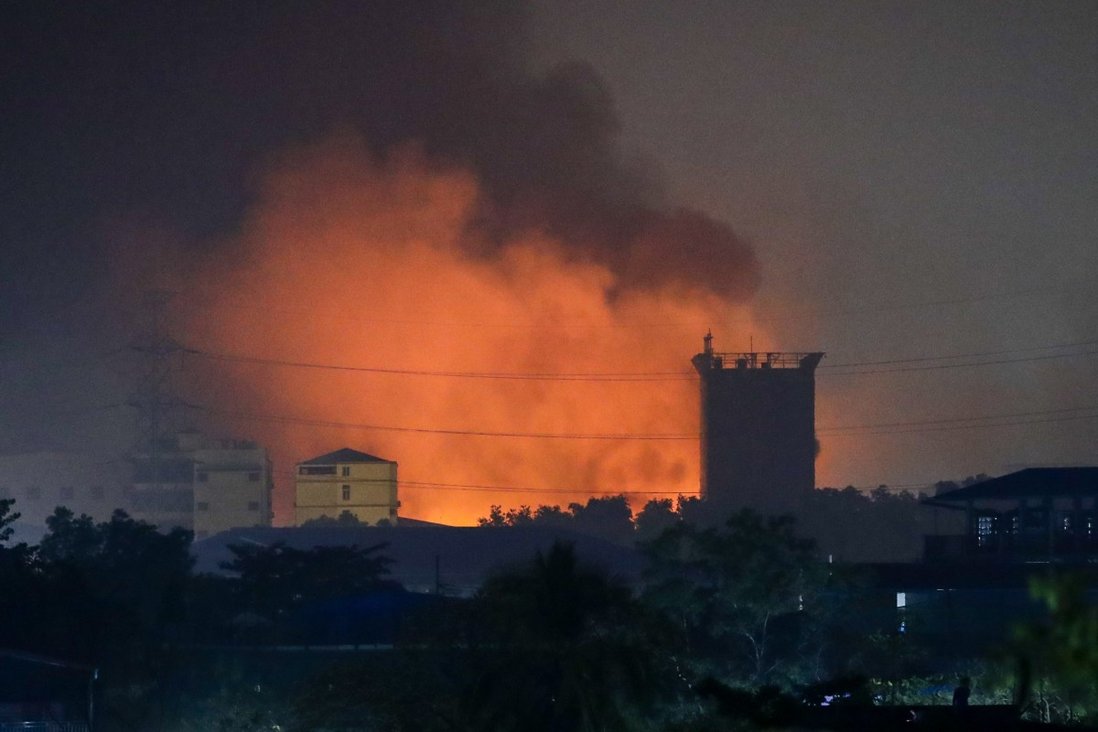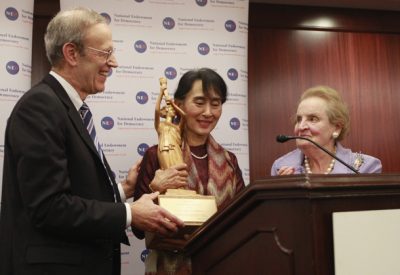27 November, 2010 — Strategic Culture Foundation
Radical Islam attacks Central Asia
26.11.2010 | 14:24 | SHUSTOV Aleksandr
Hizb ut-Tahrir and other similar international radical Islamic political organizations have intensified their activities in Central Asia. In Tajikistan several dozens of members of Hizb ut-Tahrir have been arrested… It was reported that Hizb ut-Tahrirwas “occupying Kyrgyzstan” and its goal was to penetrate into the government and to exclude the party from the list of the illegal organizations. Hizb ut-Tahriris recruitingstate officials, businessmen, parliamentarians into its ranks paving the road for the Islamic state…
more
Follow-Up to the Seoul Russia-Korea Summit (I)
25.11.2010 | 09:26 | VORONTSOV Alexander, REVENKO Oleg
At least from the standpoint of formal criteria, President D. Medvedev’s 10-11 November visit to the Republic of Korea – in response to president Lee Myung-bak’s September, 2008 Moscow visit – must be credited with productivity and success… Still, there seem to be no reasons at the moment to believe that the recent Russia-Korea summit marked any major progress across the spectrum of the relations between the two countries…
more
The West stakes everything on parliamentary elections in Moldova
23.11.2010 | 16:01 | TSIRDYA Bogdan (Moldova)
An election campaign Moldova has been witnessing as it prepares to vote for a new parliament on 28 November has turned to be rather tense, partly because of the West’s meddling into the process. Officials at the western embassies in Chisinau could be heard saying that Russia must be ‘ousted from Moldova’…
more
The Widening Gulf in Afghanistan
22.11.2010 | 23:24 | MAHAPATRA Aurobinda (India)
Amidst many developments in Lisbon last week, one is the widening gulf in Afghanistan as to the how to achieve the transition. Though the leaders of the 28 NATO countries could come over their differences to adopt a unified approach on exit strategy in Afghanistan , doubts about the exact deadline for complete withdrawal of NATO led forces thickened. More importantly, there appears the widening gulf between the Afghan government led by Hamid Karzai and NATO, led by the USA.
more
The Lisbon Reset
21.11.2010 | 19:17 | PONOMAREVA Elena
The adoption of a new strategic concept by NATO at the alliance’s Lisbon summit is a development of historical proportions which in many respects directly affects Russia’s interests. Stating clearly that “NATO poses no threat to Russia”, the document reflects strategic shifts in NATO’s relations with the country… the phrase implicitly carries an admission that NATO used to pose a threat to Russia prior to November 19, 2010 and that the post-Soviet enlargement of the alliance was meant to clip Russia’s geopolitical space…
more
Positioning Myanmar Developments and Democracy Debate
20.11.2010 | 11:58 | MAHAPATRA Aurobinda (India)
Myanmar occupies a key place in Asia politics both due to its location as well as its resources and situation in the Asian geopolitical matrix. To its west lies India, to its north China, to its south Bay of Bengal further extended towards Indian Ocean… There are proposals for India and China to develop joint projects in Myanmar. China and India are part of extended talks in the formats of ASEAN+3 and ASEAN+1 respectively, in which Myanmar is a prominent member… The Myanmar leadership seems to be more attracted by the Chinese model, with which it enjoys close relationship probably than any other powers…
more
Copyright 2010 © Strategic Culture Foundation
Republishing is welcomed with reference to Strategic Culture Foundation on-line journal.
 Fire from burning Chinese-owned factories in Myanmar’s industrial township of Hlaingthaya, Yangon, March 15, 2021
Fire from burning Chinese-owned factories in Myanmar’s industrial township of Hlaingthaya, Yangon, March 15, 2021
